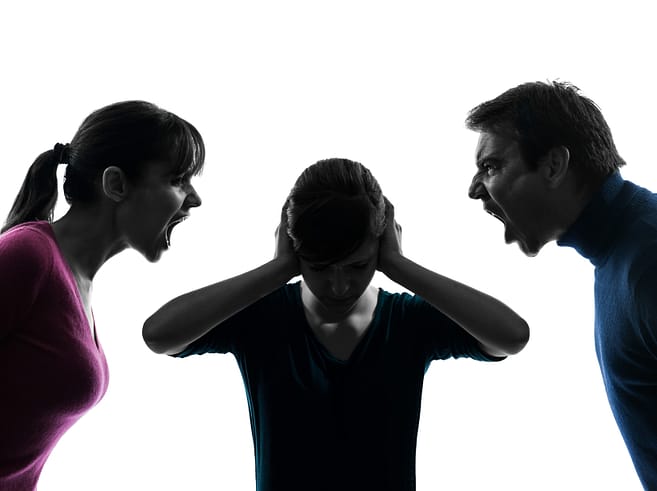Introduction to the Impact of Divorce on Teens
Divorce can be a difficult and stressful time for the entire family, especially for teens. This is because divorce can have a significant impact on a teen’s emotional and psychological well-being. In this article, we’ll explore the various ways in which divorce affects teens and what you can do to help them cope.
Understanding the Psychological Effects of Divorce on Teens
Divorce can be a traumatic experience for teens, leading to a range of negative emotions such as sadness, anger, confusion, and anxiety. These emotions can be exacerbated by the changes that come with divorce, such as adjusting to a new home, school, and family dynamic. Additionally, teens may feel guilty for the divorce or experience a loss of trust in relationships.
It’s important to note that the psychological effects of divorce on teens can be long-lasting and can impact their future relationships and overall well-being. Teens who experience the divorce of their parents may be more likely to struggle with anxiety and depression, and may also be at higher risk for substance abuse and behavioral problems. It’s essential for parents and guardians to be aware of the signs of distress in teens and to seek support and treatment as needed. Therapy can be a valuable resource for teens dealing with the emotional turmoil of divorce, as it provides a safe and supportive space to process feelings and develop coping skills. Additionally, family therapy can help the entire family navigate the changes brought on by divorce and support the well-being of all family members, especially the teens.

The Role of Family Dynamics in the Effects of Divorce on Teens
The dynamic within a family can greatly impact the effects of divorce on teens. For example, if parents are constantly fighting or the teen feels like they must choose sides, it can be particularly damaging. Additionally, if the teen feels like they are the primary caretaker for their younger siblings, it can increase their stress and responsibility levels.
How Divorce Can Affect Teens’ Relationships and Social Skills
The impact of divorce on a teen’s relationships and social skills can be significant. For example, a teen may struggle to form new relationships or may become distant from friends and family. Additionally, they may struggle with social skills, such as communication and conflict resolution, which can impact their future relationships.
The Academic Performance of Teens in Divorced Families
Divorce can also have a significant impact on a teen’s academic performance. This can be due to a number of factors, including increased stress levels, changes in routine, and decreased motivation. Teens may struggle with the emotional turmoil of divorce, which can be distracting and affect their ability to concentrate in school.
It’s also important for parents and guardians to be mindful of the potential impact of divorce on their teen’s academic performance and to take steps to support their education during this challenging time. This can include working with the school to provide additional resources, such as tutoring or extra time to complete assignments, and being understanding of any changes in grades or behavior. Encouraging teens to maintain a consistent routine and to stay involved in school activities can also help to reduce stress and improve their academic performance. Additionally, therapy can be a valuable resource for teens who are struggling with the emotional turmoil of divorce and its impact on their education. A therapist can help teens develop coping strategies and work through any negative thoughts or feelings that may be impacting their ability to concentrate and succeed in school.
Coping Strategies for Teens Dealing with Divorce
Teens need to have coping strategies to help them deal with the stress and emotions that come with divorce. These strategies can include therapy, talking to friends and family, participating in physical activity, and pursuing hobbies and interests. It can be helpful for teens to have a support system of adults they trust, such as a therapist or trusted family member.
The Importance of Support Systems for Teens during and after Divorce
Support systems are crucial for teens dealing with the effects of divorce. This can include therapy, support groups, and school counselors. It’s important for teens to have adults they can turn to for guidance and support, such as parents, teachers, and coaches. Having a support system can help teens navigate the emotional turmoil of divorce and feel less alone.
Conclusion
Understanding the Long-Term Impact of Divorce on Teens: Divorce can have a lasting impact on a teen’s life, affecting their relationships, emotional well-being, and future success. However, with the right support and coping strategies, teens can navigate the challenges of divorce and come out stronger on the other side. If you’re a teen or know a teen dealing with divorce, remember that therapy can be a valuable resource for healing and growth.





